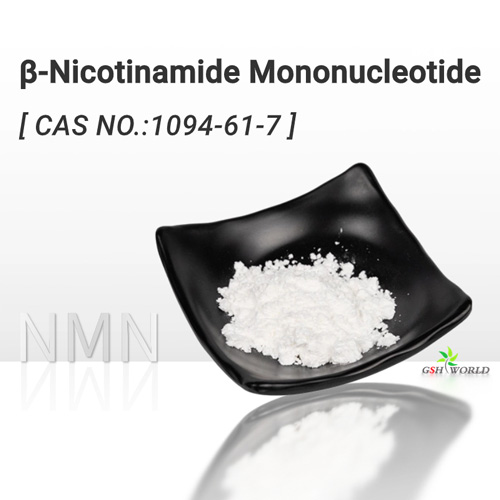NMN (β-Nicotinamide mononucleotide) is a natural substance present in the human body and an important precursor of coenzyme NAD+.
In recent years, the role of NMN in anti-aging and improving cardiovascular health has received much attention.
The current research results on whether NMN can improve sleep are inconsistent.
Firstly, we need to understand the basic principles of sleep
Sleep is a physiological state of the human body that is crucial for maintaining good health and normal functioning.
The process of sleep includes two main stages: rapid eye movement (REM) and non rapid eye movement (NREM).

REM sleep usually associated with dreams, while NREM sleep helps with body recovery and repair.
So, how does NMN affect sleep?
Research has shown that NMN can improve sleep by increasing the level of NAD+.
NAD+is an important coenzyme that participates in many biochemical reactions, including energy metabolism, DNA repair, and cell apoptosis.
With the increase of age, the level of NAD+in the human body will gradually decline, which may lead to a series of health problems, including cardiovascular disease, diabetes and cognitive decline.
Therefore, supplementing NMN to increase NAD+levels expected to improve these health issues.
However, current research and evidence on the impact of NMN on sleep are still relatively limited
Some early studies have found that NMN can improve sleep quality and prolong sleep time in mice.
But these studies are usually conducted on animal models, and their results may not necessarily applicable to humans.
In addition, the sample size of these studies is small, and the research methods also have certain limitations.
Recent clinical trials have conducted more in-depth studies on the effects of NMN on sleep
One study targeting the older people found that supplementing with NMN can significantly improve their sleep quality and prolong sleep time.

However, there are also some issues with this study, such as a small sample size and insufficient rigor in the study design.
Another study targeting young people found that supplementing with NMN had no significant effect on sleep quality.
The results of this study contradict those of early animal experiments, possibly because people of different age groups have different reactions to NMN.
In addition to supplementing NMN, there are other methods that can help improve sleep quality
For example, maintaining a regular schedule, avoiding excessive excitement or tension before bedtime, creating a comfortable sleeping environment, etc.
In addition, some behavioral therapies and medication treatments can also used to treat insomnia and other sleep disorders.
If you have sleep problems, it recommended to consult a professional doctor or sleep specialist for personalized advice and treatment plans.
In summary,
as a potential substance for anti-aging and improving cardiovascular health, the role of NMN in improving sleep still needs further research and validation.
Before using NMN or other methods to improve sleep, we need to fully understand its potential risks and effects,
and make reasonable choices based on our own situation.
Meanwhile, maintaining good lifestyle habits and seeking professional medical advice are also important ways to improve sleep quality.

